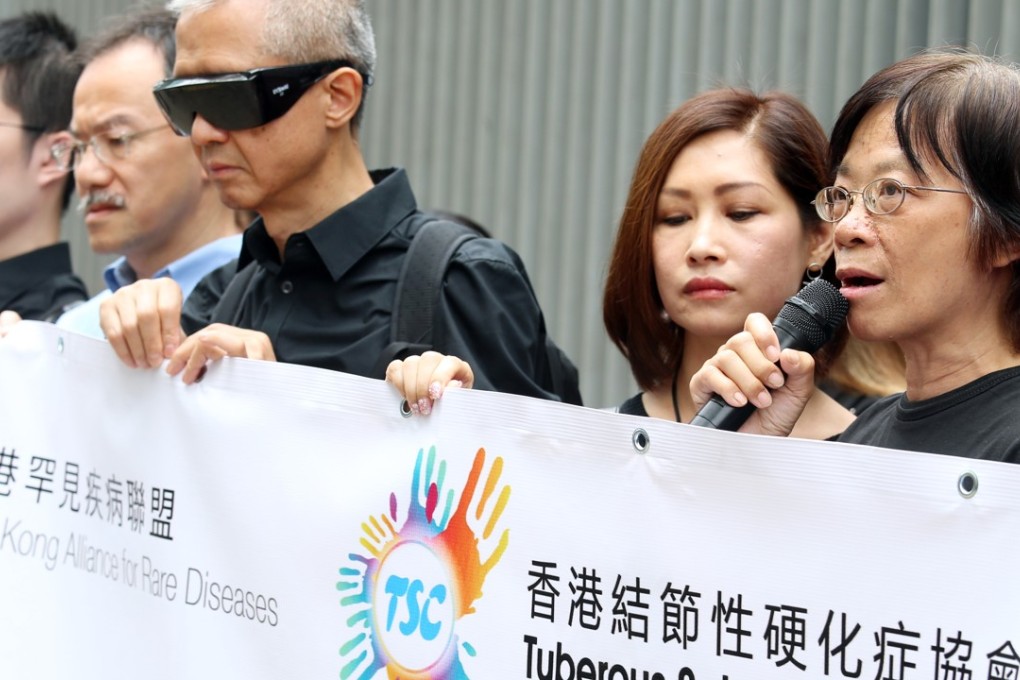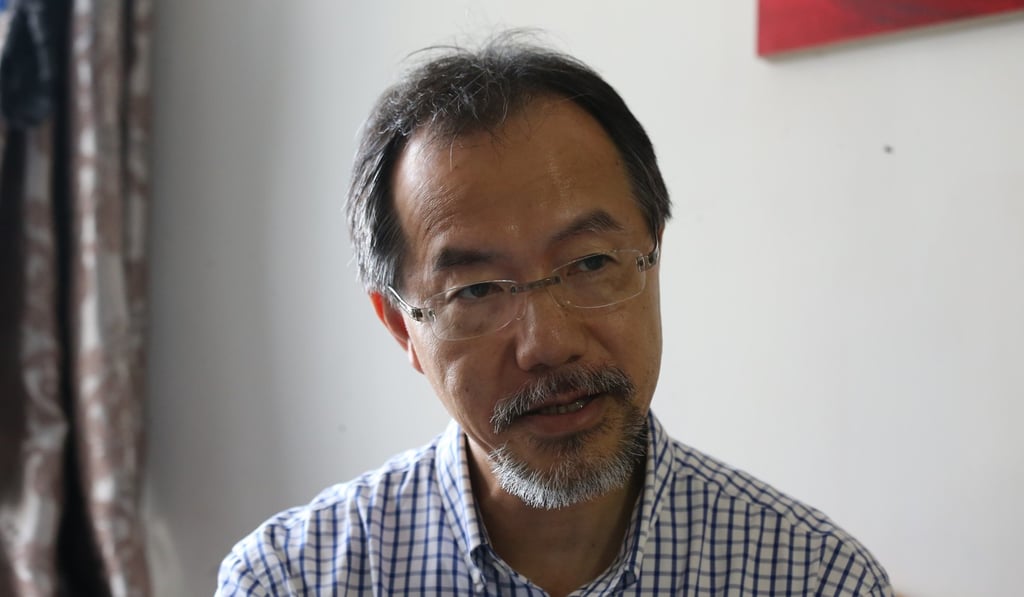Sufferers of rare diseases in Hong Kong need more support – that, at least, is one thing political rivals can agree on
Raymond Mak says the government should grasp the opportunity to implement policies that offer support to such patients, given the consensus among rival factions for action

Over the past two years, patients suffering from two types of rare disease, spinocerebellar atrophy and tuberous sclerosis complex, are suspected to have taken their own lives because of their prolonged illness and a lack of affordable drugs.
Government support for these patients has been rather limited, in terms of financial help and caregiving.
Hong Kong single mother with rare genetic disease dies following emotional appeal to lawmakers for drug subsidies
With political rivals and our chief executive all seemingly focused on the issue, the government should grasp this opportunity and focus on three areas in particular: definitions of a rare disease, subsidies, and analysing the data.

Using only two fingers, Hong Kong girl types 22-page proposal calling for life-saving muscle drug
Officially defining what constitutes a rare disease would certainly help. The government should consider expert Lam Ching-wan’s definition: a patient who has undergone most medical tests but not diagnosed after three months should be recognised as a rare disease patient, enabling them to receive treatment more quickly.